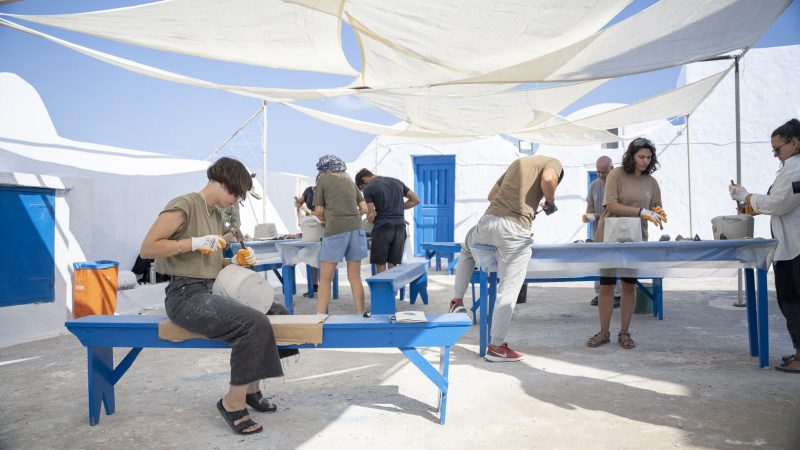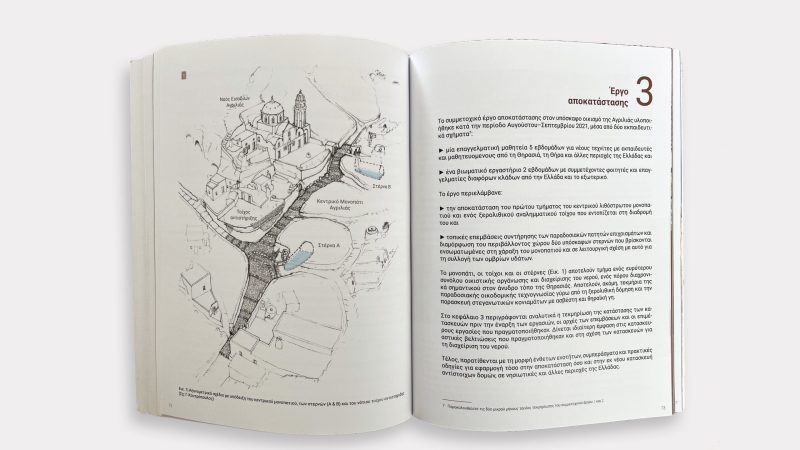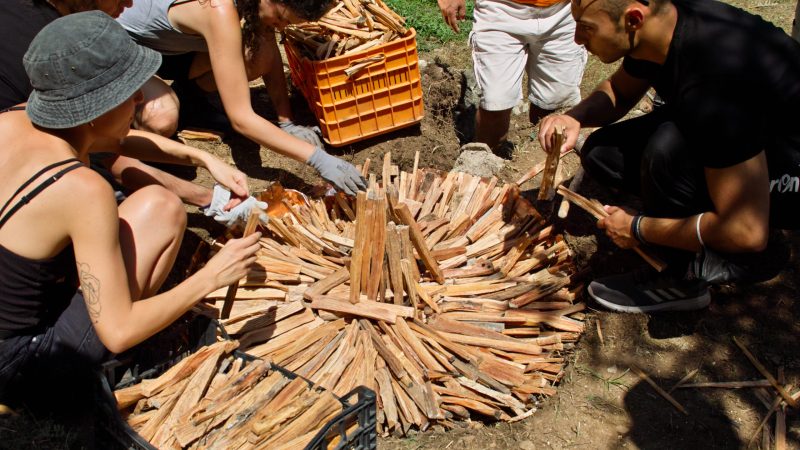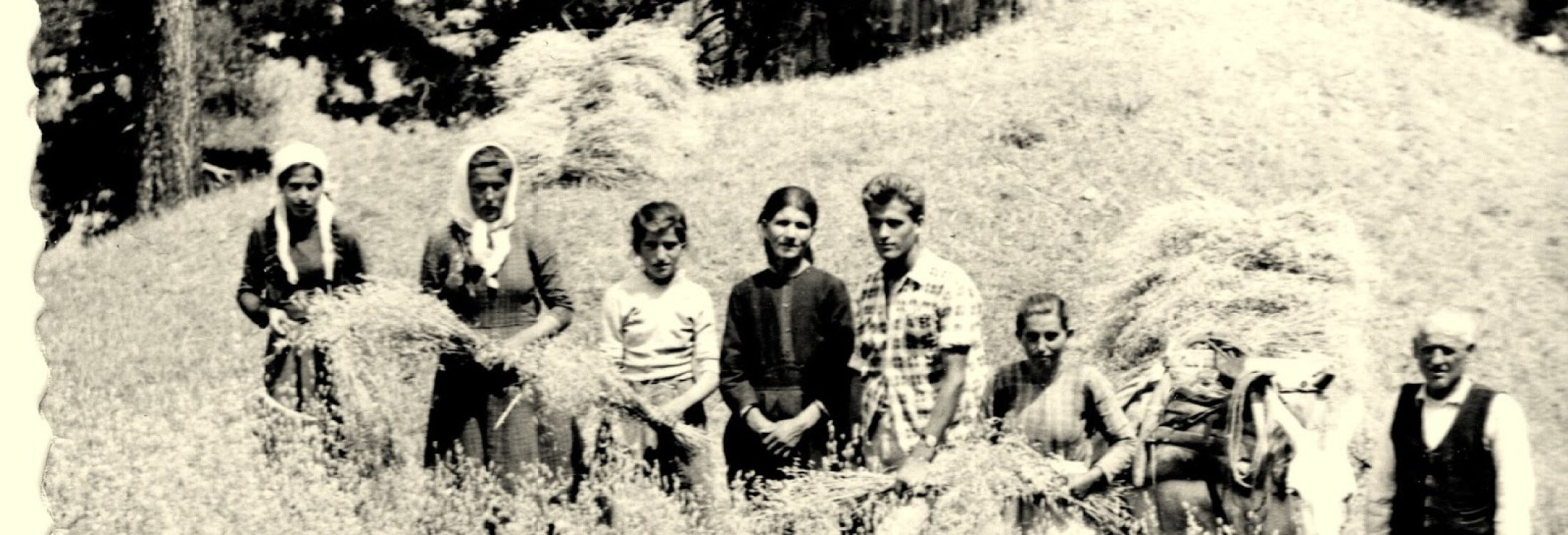
Cultural Landscape
Since Boulouki has been working for years in Epirus, it has come close to the needs of local communities. In the framework of this project it aims at enhancing their livelihood and well-being by mapping ecosystems and the services they offer to the sustainable conservation of natural resources with the aim of social and economic well-being and delivering important information and skills for the management and sustainable development of the area focusing on biodiversity-related knowledge, agricultural, traditional livestock grazing practices, landscape and cultural values, traditional water infrastructures and related knowledge on sustainable use of natural resources.
See also...
- Educational material
As part of the project, we developed a technical handbook on how to design and implement inclusive and environmentally sustainable restoration and new construction projects by training young craftspeople and incorporating historic building techniques. The handbook is aimed at heritage institutions and architectural heritage practitioners, and educators. It focuses on issues of pedagogical approach, drawing on contemporary approaches to adult education, presenting theoretical and practical tools for the design of educational processes and the inclusion of vulnerable social groups.
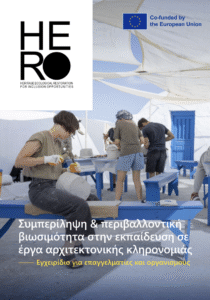
The H.E.R.O project was implemented under the Erasmus+ programme and was completed after 3 years (2021-2024) of transnational cooperation between 4 actors Acta Vista (France) leading partner, Bao Formation (France), Pour la Solidarite (Belgium), 4Grada Dragodid (Croatia), Boulouki (Greece).
The file is available in Greek.
- Educational material
Based on the experience and knowledge gained from the research and the participatory restoration project in the underground settlement of Agrilia, an openly available handbook was created, for the dry stone structures of Therasia and Santorini and the use of building materials made of lime and the local volcanic tephral, theran earth.
The handbook was developed in the framework of the project “Under the Landscape: Participatory interventions for the protection and promotion of the man-made and natural environment of Therasma”, as part of the programme “Innovative actions with citizens”, founded by the Green Fund.
The file is available in Greek.
- Publication
This study examines the traditional technology of pine tar kilns in Greece, focusing on the case of Distrato in Epirus, where the last traditional artisans reside. Pine tar (katrami) is a viscous liquid produced by the destructive distillation of resinous wood, primarily from pine trees. This practice has a long history globally and in the Mediterranean, with applications in medicine, cosmetics, fuels, and waterproofing for construction and shipbuilding.
Authors: Christos Theocharis, Ioanna Doutsis, Panos Kostoulas, Grigoris Koutropoulos
The file is available in French.
